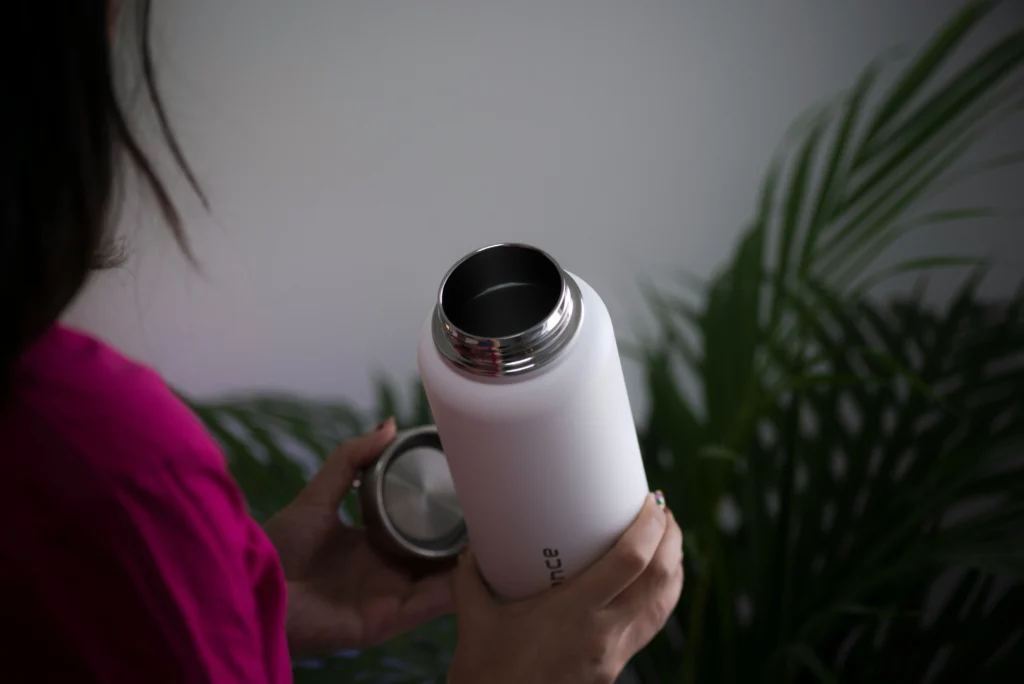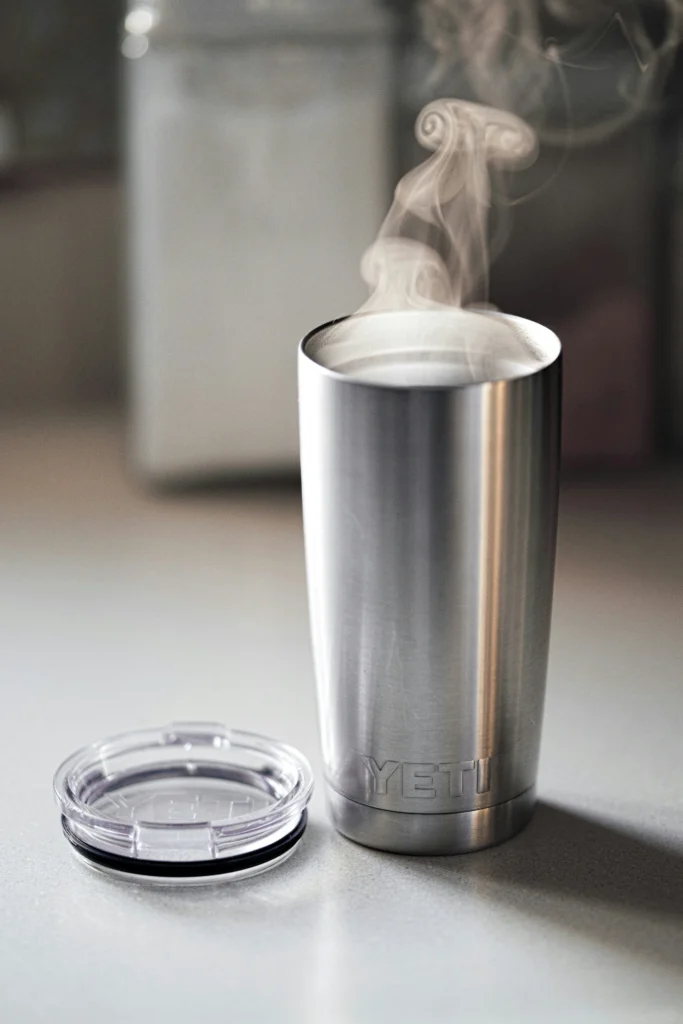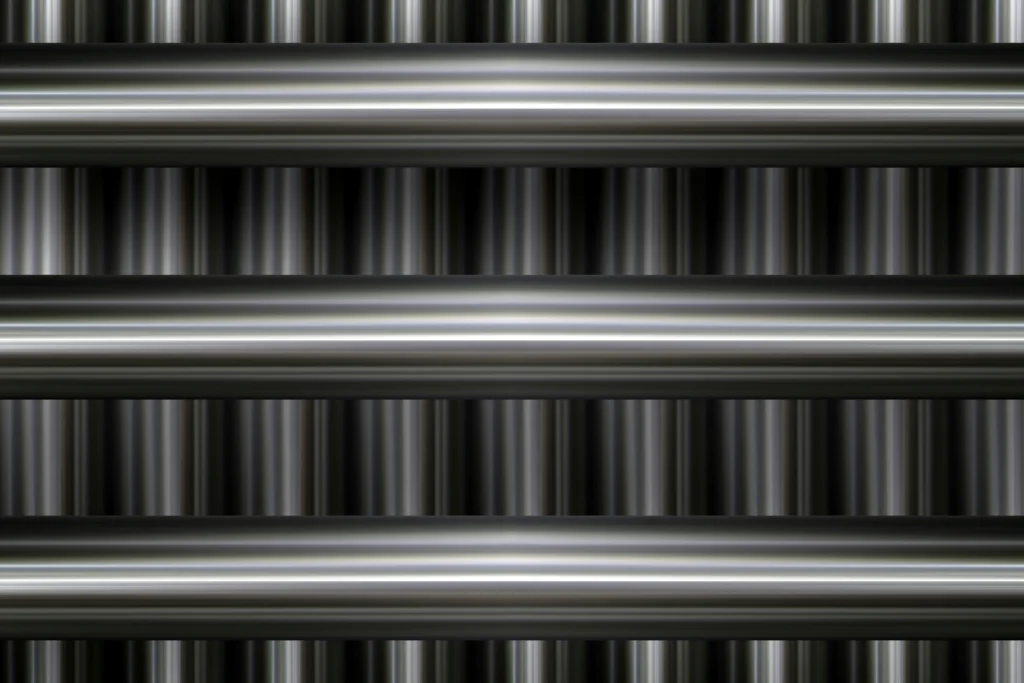Why Does My Water Taste Like Metal? 6 Common Causes & What You Can Do About It
Jadual Kandungan
Why does my water taste like metal? If you’ve ever sipped water and noticed a metallic tang—like pennies or a sharp, rusty flavor—you’re not alone. This issue is surprisingly common, and while some causes are harmless, others may point to plumbing or water quality problems. In this guide, we’ll break down the main reasons your water tastes metallic, what to check, and the simple fixes you can try at home.

What’s Behind That “Metal” Taste?
The metallic taste in water almost always comes from metal ions dissolved in the liquid. When water travels through pipes, faucets, or storage tanks, it can pick up trace amounts of metals such as iron, copper, zinc, or manganese. These ions interact with your taste buds, creating that sharp “metal” flavor.
There are several technical factors at play:
Corrosion of plumbing systems – If pipes or fixtures are old, acidic water can dissolve tiny amounts of copper, iron, or lead into the water supply.
Naturally occurring minerals – Groundwater often contains iron or manganese, which are not dangerous in small amounts but can give water a metallic taste and sometimes an orange or brown tint.
Water treatment chemicals – In some cases, municipal water systems use chemicals like alum (aluminum sulfate) or chlorine that can react with metal pipes, intensifying the taste.
Stagnant water – Water that sits in pipes overnight absorbs more metal ions, which is why the first glass in the morning can taste worse than later in the day.
In short, the metallic flavor is your taste buds detecting dissolved metals, and whether it’s harmless minerals or a warning sign depends on the source.
6 Reasons Your Water Tastes Like Metal
Presence of Metals
Water flowing through old copper, lead, or iron pipes can pick up trace metals. Even small amounts of copper or iron give water that metallic flavor. If your plumbing has lead solder or aging galvanized pipes, that’s especially a suspect.Mineral Content / Hard Water
Certain minerals—iron, manganese, zinc—can impart metallic taste. Hard water (high in calcium and magnesium) won’t taste metallic by itself, but when combined with these metals, you may notice a sharper flavor.Low pH / Acidic Water
If your water is acidic (low pH), it can corrode pipes or plumbing fixtures, releasing metals into the water. This can suddenly cause a metallic taste, even if your water was fine before.Old or Rusty Pipes / Fixtures
Corroded pipes, rust in water heaters, or aging fixtures often cause water to taste metallic. Sometimes the metal flavor is worse after plumbing hasn’t been used in a while (overnight or while away).Water Source / Treatment Chemicals
Some water suppliers add chlorine, chloramine, or other chemicals that react with metal in pipes. Also, water from wells may contain naturally occurring metals like iron or manganese. Treatment plants may not always remove every trace.Electrical Device Interference or Plumbing Layout (Extra Reason)
If your plumbing system isn’t properly grounded, or if you have dissimilar metals connected (e.g., copper connected to steel), galvanic corrosion can occur. That means one metal corrodes faster, releasing ions into the water. These effects might be subtle, but over time contribute to a metallic taste. This is less commonly cited but very real, particularly in older or DIY plumbing setups.
How to Determine What’s Causing the Metal Taste
Taste test timing: If the taste is strongest first thing in the morning, pipes are likely the issue.
Check pH levels: Acidic water often comes along with metallic flavor.
Visual signs: Discolored water, brown or reddish tints suggest iron. Greenish hints point to copper.
Use a water test kit or lab: Test for metals like lead, copper, iron. (Always important if you’re on older plumbing or well water.)
What You Can Do to Fix It
Flush your tap: Run cold water for 30-60 seconds before drinking, especially first thing in the morning.
Replace old pipes or fixtures: If copper or lead pipes are past their useful life, consider upgrading.
Adjust pH: Use neutralizing filters or pH balancers if your water is too acidic.
Install proper filtration: Reverse osmosis (RO), activated carbon, or specialized metal filters can remove dissolved metals.
Ground your plumbing: If galvanic corrosion is a suspect, have a qualified plumber check grounding and whether dissimilar metals are connected improperly.
Clean water appliances regularly: Water heaters, kettles, filters—all need maintenance to avoid scale and rust buildup.




